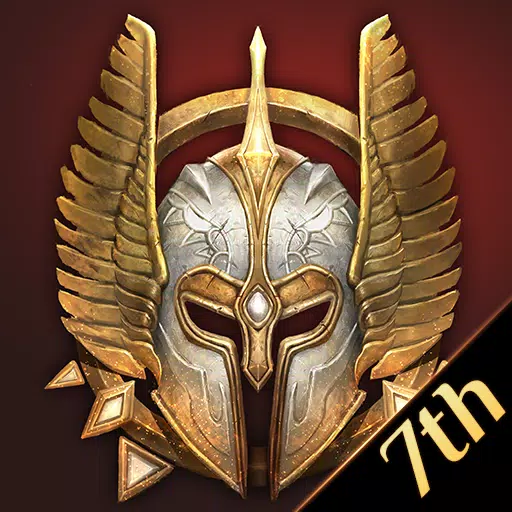"Remakes Key to Bethesda's Revival: Oblivion Shows the Way"
By Azura, by Azura, by Azura – the rumors were true. Yesterday, Bethesda set the internet ablaze by finally unveiling Virtuos' remaster of The Elder Scrolls IV: Oblivion. This 'Elder Scrolls Direct' event culminated in a surprise shadow-drop, which instantly drew in hundreds of thousands of concurrent players. Amidst the current storm Bethesda Game Studios has been navigating in recent years, this global hype and celebration feels like a much-needed respite. From years of damage control following the rocky launch of Fallout 76 to the lukewarm reception of their new sci-fi universe, Starfield, fans have been questioning whether Bethesda has lost its touch. With fierce competition in the RPG space from the likes of Larian Studios' Baldur's Gate 3 and Obsidian's The Outer Worlds franchise, both hailed as spiritual successors to Elder Scrolls and Fallout, the release of Oblivion remastered might just be the step in the right direction – albeit an unexpected one.
At its zenith, Bethesda Game Studios was the undisputed RPG powerhouse. In 2020, leaked FTC documents from Microsoft revealed that Fallout 4 had sold 25 million units to date, with over 5 million units sold in its first week according to VGChartz. In 2023, Todd Howard announced that Skyrim had surpassed 60 million sales, though its numerous re-releases undoubtedly contributed to this figure. On the other hand, Starfield is estimated to have sold just over three million units a year and a half post-launch. Despite the boost from Game Pass subscribers and the absence of a PlayStation version, this number must be disappointing for Bethesda. The Starfield fanbase, while present, pales in comparison to that of The Elder Scrolls or Fallout, and even they have expressed dissatisfaction with the game’s first expansion, Shattered Space.
This situation presents a significant challenge for the developer. With The Elder Scrolls 6 "years away" and Fallout 5 still a distant whisper, how can this once-iconic RPG developer rekindle the magic for its fanbase? The answer lies in revisiting its past.
Rumors of the Elder Scrolls IV: Oblivion remaster surfaced in September 2023, when leaked Microsoft documents disclosed a list of unannounced Bethesda titles, including a remaster of the 2006 classic trip to Tamriel. The whispers grew louder in January 2025 when a former Virtuos employee spilled more details, sparking debates among Elder Scrolls fans about the leaks' authenticity, reminiscent of the Stormcloaks vs. the Imperials divide. The floodgates finally opened last week (albeit prematurely), igniting the internet – over 6.4 million Google searches for ‘The Elder Scrolls IV: Oblivion’ surged by 713% in the last week alone. At its peak, Bethesda's reveal livestream attracted over half a million viewers. Despite the leaks (or perhaps because of them), over 600,000 people tuned in to witness the re-reveal of a 19-year-old game. The overwhelming demand to play the remaster led to crashes on discount game key websites like CDKeys and slowed down Fanatical and Green Man Gaming. As of yesterday, Oblivion boasted 125,000 concurrent players on Steam and secured the #1 best-seller spot. The fervor of Bethesda fans for Oblivion burns as bright as the flames pouring from the Oblivion gates themselves.
The message from players is clear: if you (re)build it, they will come. What better way to keep fans engaged during these long development periods than to invite them back to the enchanting isles of Morrowind or the desolate landscapes of the East Coast? From a commercial standpoint, this approach is a no-brainer. While Bethesda's main team works on their ambitious new projects, trusted partners like Virtuos can leverage historic blueprints to create remasters in shorter time frames. These remasters tap into existing audiences and introduce new generations to the captivating worlds of Tamriel or the post-apocalyptic wastelands of Las Vegas and D.C.
Bethesda has already demonstrated the effectiveness of this strategy. During the first season of the Fallout TV show on Prime Video, Fallout 4 was discounted by up to 75%, accompanied by a timely next-gen update that incorporated elements from the show. As a result, Fallout 4 sales skyrocketed by over 7,500% in Europe alone, despite being nearly a decade old.
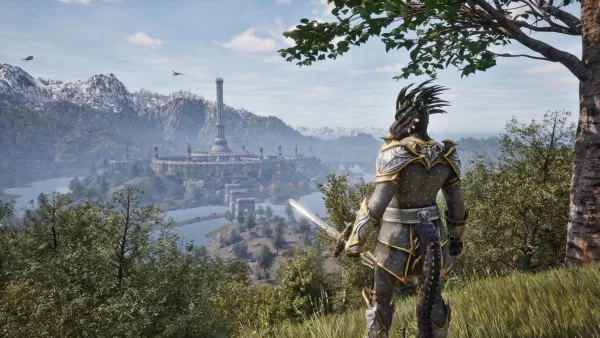 Oblivion Remastered offers a nostalgic journey that feels like a glimpse into the future. Image credit: Bethesda / Virtuos
Oblivion Remastered offers a nostalgic journey that feels like a glimpse into the future. Image credit: Bethesda / Virtuos
Looking back at Microsoft’s leaked Bethesda roadmap, many noted that a Fallout 3 remaster was slated to follow Oblivion two years later. Although the timelines have shifted – Oblivion was initially projected for fiscal year 2022 – if the original gaps hold true, a Fallout 3 remake could be on the horizon for 2026, coinciding with Fallout Season 2. Given the seamless integration of the first season with Fallout 4’s vibe and aesthetic, could Bethesda be planning an even more strategic move for the New Vegas-centric second season? After shadow-dropping Oblivion, it's not beyond the realm of possibility that a New Vegas Remastered trailer might be waiting to surprise us at the end of Fallout Season 2’s finale.
The message from players is clear: if you (re)build it, they will come. However, if there’s one game in Bethesda’s back catalogue that truly deserves a remake, it’s The Elder Scrolls III: Morrowind. Many Elder Scrolls fans have been clamoring for this for years, with some even taking matters into their own hands by remaking Morrowind using Skyrim’s tools, akin to Skyblivion. Yet, Morrowind poses unique challenges for remaking. It stands at the crossroads of Bethesda’s evolution as a studio – its architecture is fundamentally different from what we now recognize as an Elder Scrolls game. It’s only partially voiced, relies heavily on text for storytelling, lacks quest markers (forcing players to jot down directions given by NPCs), and has no combat physics. While Virtuos managed to overhaul some of Oblivion’s more cumbersome systems, Morrowind is a labyrinth of such systems. This is why it’s beloved by many, but also why it’s a daunting task to remake. Remaking Morrowind is a delicate balance – modernize it too much, and you risk losing the essence that made it special; retain too many outdated mechanics, and it could feel more frustrating than an intense skooma withdrawal.
When a studio becomes synonymous with a gaming sub-genre, the challenge is to innovate and evolve while retaining its audience. Rockstar Games has kept Grand Theft Auto players engaged for over a decade through the ever-expanding GTA Online, which in turn funds the rumored exorbitant budget for GTA 6. Bethesda’s forte is crafting richly detailed, expansive single-player worlds – Elder Scrolls Online and Fallout 76 don’t quite capture the same magic. However, the overwhelming response to Virtuos’ Oblivion remaster underscores that gamers are eager to revisit the storied past of the Elder Scrolls series. That said, not every remaster is guaranteed success – this particular one is a testament to meticulous planning and skilled execution. A less thoughtful approach could have resulted in a different outcome, similar to Rockstar’s GTA Definitive Editions. Nevertheless, what better way for the former king of the modern RPG to reclaim its throne than by breathing new life into some of its legendary classics?
- 1 Roblox Forsaken Characters Tier List 2025 Feb 14,2025
- 2 Pokemon Go’s first Community Day of 2025 will feature Sprigaito Jan 05,2025
- 3 Holiday Thief Arrives in Seekers Notes Dec 26,2024
- 4 Marvel Rivals' Controversial Hitbox System Draws Attention Feb 11,2025
- 5 Watcher of Realms Is Dropping New Heroes and Skins This Thanksgiving and Black Friday! Dec 30,2024
- 6 Jujutsu Kaisen Phantom Parade: Tier List Update for 2024 Dec 28,2024
- 7 How To Find and Beat the Storm King in LEGO Fortnite Jan 05,2025
- 8 Goddess Of Victory: Nikke Is Dropping a New Year’s Update and Collabs with Evangelion and Stellar Blade Soon Jan 04,2025
-
Mastering the Art of Digital Tools
A total of 10
-
Hidden Gems: Unexpectedly Useful Other Apps
A total of 10
-
Ultimate Strategy Gaming Experience on Android
A total of 10










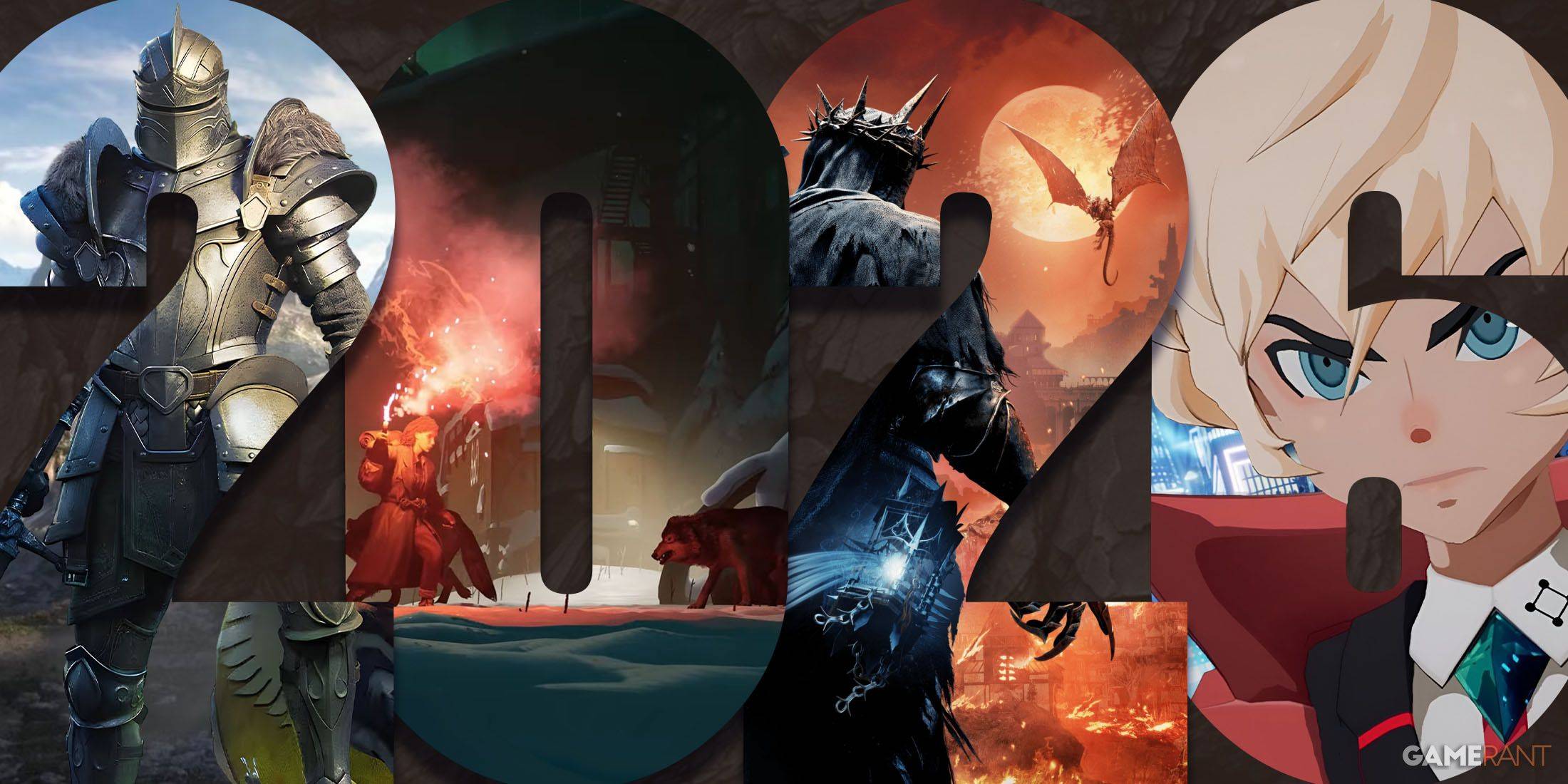
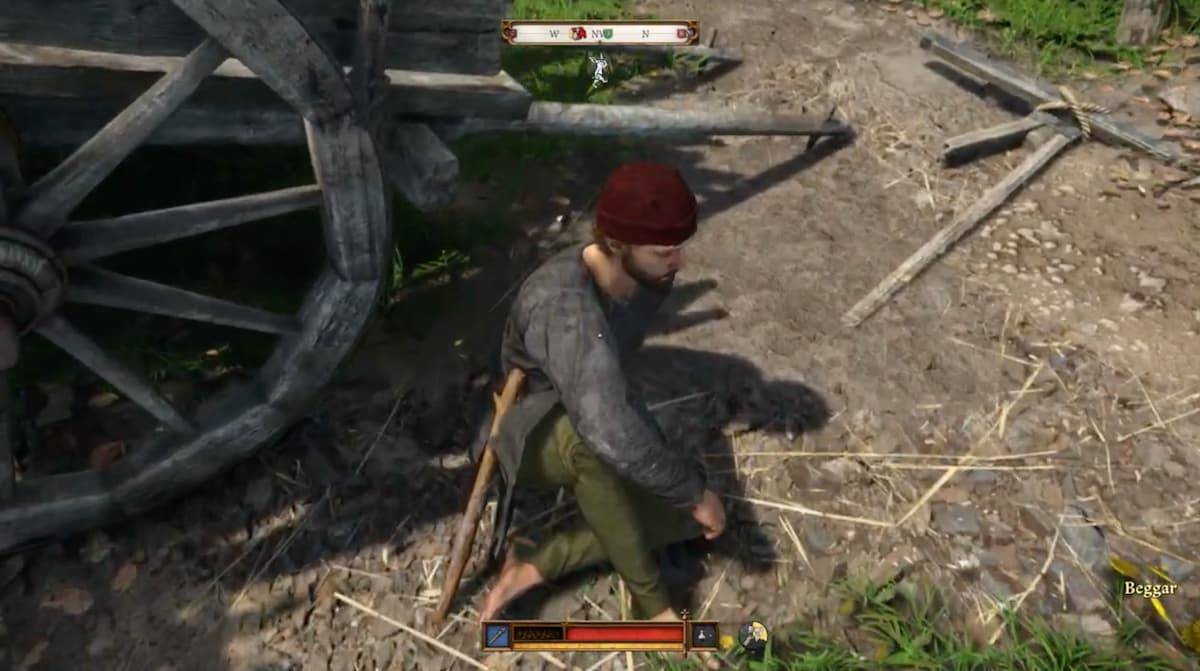

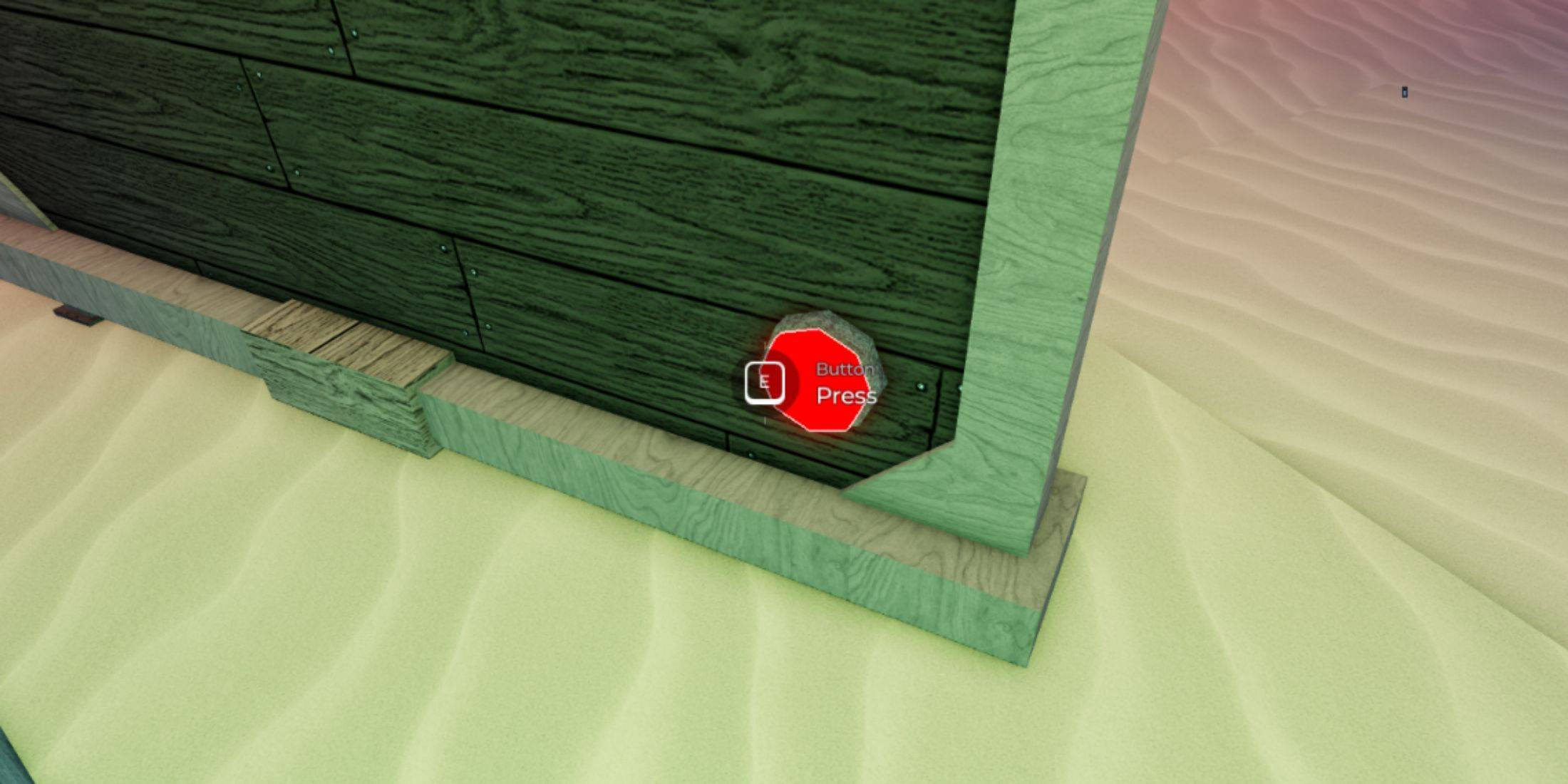

![LeMOMnade: Family Squeeze! – Version 1.1.1 [mtrellex]](https://img.3xbz.com/uploads/38/1719569762667e8d62c486e.jpg)

![My Cute Roommate 2 – New Version 1.0 Extra [Astaros3D]](https://img.3xbz.com/uploads/38/1719606486667f1cd652f1a.jpg)










